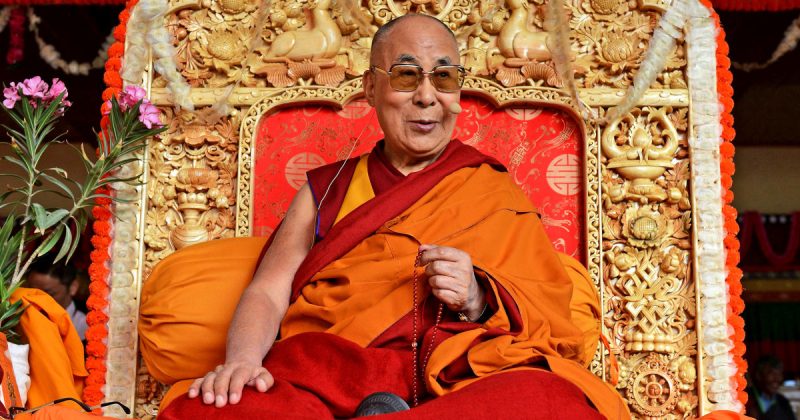
The Dalai Lama, in a significant statement marking his upcoming 90th birthday, has asserted that the institution of the Dalai Lama will continue after his death. This announcement, made amidst growing concerns about potential Chinese interference, clarifies the process of identifying his successor.
He explicitly stated that only the Gaden Phodrang Trust, an organization he founded, holds the authority to recognize the next reincarnation. This decisive declaration serves as a direct message to China, which has a history of interfering in Tibetan religious matters. The Dalai Lama’s action aims to prevent Beijing from influencing the selection of his successor, a move that would deeply impact the Tibetan people and their spiritual leadership.
This announcement comes at a time of heightened anxiety. The selection of a new Dalai Lama is a complex and deeply significant event, traditionally involving the recognition of a reincarnated soul. The Dalai Lama’s advanced age has fueled concerns about a potential power vacuum, a void that China might attempt to exploit. The Dalai Lama’s firm stance aims to preempt such a scenario.
His statement builds upon previous comments. In a recent book, he indicated that his successor would likely be born outside of China, ensuring the continuity of the Dalai Lama’s mission in a free environment. This suggests a strategic plan to safeguard the institution’s independence from Chinese influence, recognizing the potential for suppression if the next Dalai Lama were selected within China.
The historical context is crucial. China’s past actions concerning the Panchen Lama, the second-highest spiritual leader in Tibetan Buddhism, underscore the concerns surrounding the Dalai Lama’s succession. China’s forceful interference in the Panchen Lama’s selection resulted in the disappearance of the Dalai Lama’s chosen successor and the installation of a Chinese-approved figure. This precedent highlights the potential dangers of allowing China to influence the selection of the next Dalai Lama.
The Dalai Lama’s declaration is not merely a religious pronouncement; it’s a political statement underscoring the Tibetan people’s determination to preserve their cultural and religious identity. It’s a message to the international community to stand against the potential encroachment of Chinese authority on Tibetan spiritual leadership. The future will depend on the international community’s response and China’s reaction to the Dalai Lama’s clear and unambiguous statement.
The Dalai Lama’s legacy extends far beyond his religious role. He is a symbol of Tibetan identity and resilience. His actions to ensure the continuity of his institution highlight his commitment to preserving Tibetan Buddhist traditions and the cultural heritage of the Tibetan people. The world watches with bated breath as this critical chapter in Tibetan history unfolds.










